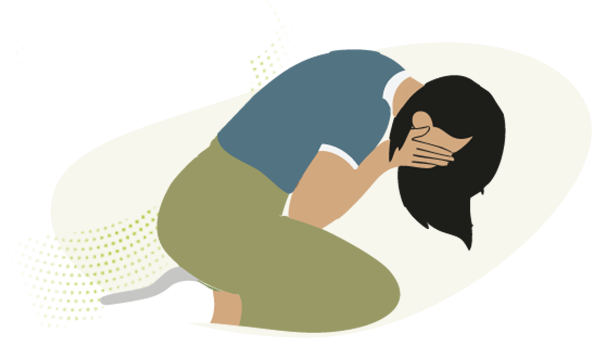

Pediatric autoimmune neuropsychiatric disorder associated with streptococcus (PANDAS) and pediatric acute-onset neuropsychiatric syndrome (PANS) are conditions characterized by the sudden onset of neuropsychiatric symptoms during childhood. These syndromes result from an immune system overreaction to infections or other triggers, leading to inflammation that affects the brain and causes rapid behavioral and emotional changes.
The symptoms of PANDAS / PANS emerge abruptly, typically within 24 to 48 hours, and can include but are not necessarily limited to:
These symptoms often follow an episodic course, fluctuating in severity. With the right diagnosis and a comprehensive treatment plan, children with PANDAS / PANS can achieve significant improvement.

Effective treatment for PANDAS / PANS involves a collaborative approach between medical and mental health professionals.
We provide families with the education and tools they need to understand PANDAS / PANS and support their child’s recovery. Our collaborative approach ensures that families feel empowered to navigate this journey alongside a multidisciplinary team of experts.
Prompt diagnosis and treatment of PANDAS / PANS can significantly improve outcomes, minimizing the impact of the condition on a child’s daily life and development. If your child is experiencing the sudden onset of neuropsychiatric symptoms, seeking care early is essential to their recovery. At CEH, we are dedicated to providing comprehensive, compassionate care for children and families affected by PANDAS / PANS.